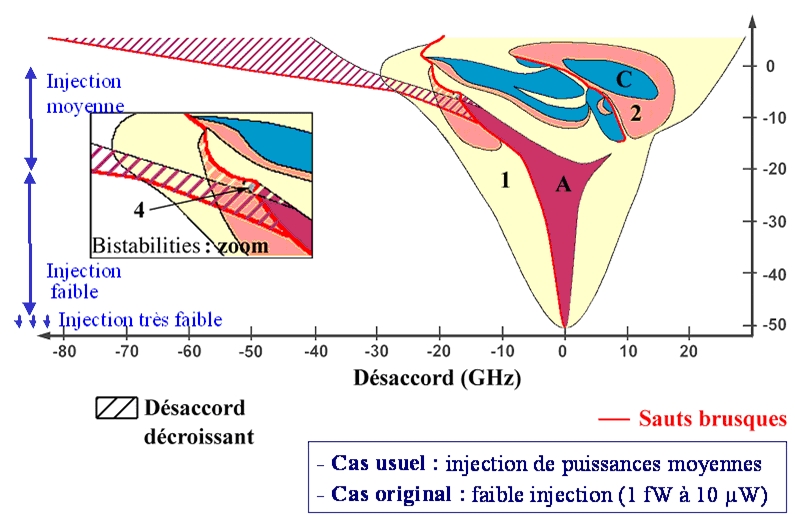Active turbulence
Jean-François JOANNY
Collège de France
A landmark of turbulence is the emergence of universal scaling laws, such as Kolmogorovs E(q) ~ q^-5/3 scaling of the kinetic energy spectrum of inertial turbulence with the wave vector q. In recent years, active fluids have been shown to exhibit turbulent-like flows at low Reynolds number. However, the existence of universal scaling properties in these flows has remained unclear. To address this issue, here we propose a minimal defect free hydrodynamic theory for two-dimensional active nematic fluids at vanishing Reynolds number. By means of large-scale simulations and analytical arguments, we show that the kinetic energy spectrum exhibits a universal scaling E(q) ~ 1/q at long wavelengths. We find that the energy injection due to activity has a peak at a characteristic length scale, selected by a nonlinear mechanism. In contrast to inertial turbulence, energy is entirely dissipated at the scale where it is injected, thus precluding energy cascades. Nevertheless, the non-local character of the Stokes flow establishes long-ranged velocity correlations, which lead to the scaling behavior.
We discuss two examples of active turbulent fluids: tissue monolayers studied in the group of P. Silberzan at Institut Curie and active nematic layers studied in the group of F. Sagues in Barcelona.
IMAGES

Régimes dynamiques de l'injection optique (plus de détails...)
CONFÉRENCES
2nd European Fluid Dynamics Conference, Dublin, Ireland, 26 Août 2025